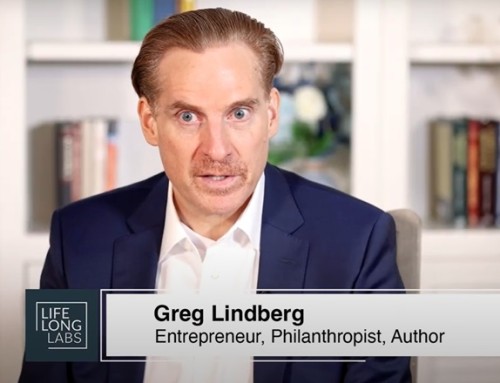
“Telomeres, the protective caps at the end of chromosomes, are crucial for maintaining cellular health and DNA integrity. These structures prevent chromosomes from fraying or sticking to each other, much like the plastic tips at the ends of shoelaces. However, as we age, telomeres naturally shorten due to the cellular division process. This shortening is associated with a range of health conditions, including cardiovascular disease, cancer, diabetes, inflammation, and neurodegenerative disorders,” explained Greg Lindberg, a Wellness Advocate deeply immersed in telomere research.
Telomeres serve as a buffer, safeguarding the genetic information within our cells from damage. Yet, numerous factors can expedite their erosion. Lindberg’s extensive studies have revealed that stress, unhealthy lifestyle choices, and environmental factors can accelerate telomere shortening. When telomeres reach a critical length, cells face challenges in replicating themselves accurately, leading to cellular dysfunction, increased vulnerability to diseases, and premature aging.
“The implications of shortened telomeres are far-reaching, impacting various facets of life,” Lindberg emphasized. “From cardiovascular issues to cognitive decline, these tiny structures wield significant influence over our health and well-being.”
Research suggests that individuals with shorter telomeres are more prone to experiencing mental health challenges like depression, anxiety, and cognitive decline. Lindberg advocates for lifestyle modifications such as regular fasting, exercise, and exposure to extreme temperatures, citing personal experiences and observed improvements in telomere length.
“My journey with telomeres has shown remarkable results,” Lindberg shared. “Since 2018, my telomeres have increased by nearly 50 percent, transitioning from the metrics of an average 60-year-old to those resembling a healthy 30-year-old. These changes underscore the power of proactive lifestyle adjustments in optimizing longevity and vitality.”
In response to these findings, Lindberg developed the Lifelong program, a comprehensive anti-aging regimen centered on three pillars: intermittent fasting, mental and physical challenges, and exposure to cold and heat. This holistic approach aims to preserve telomere length, extend healthy lifespan, and mitigate age-related ailments.
“The Lifelong program isn’t a quick fix; it’s a lifelong commitment,” Lindberg emphasized. “By adhering to this regimen consistently, individuals can enhance their health span and cultivate a higher quality of life.”



